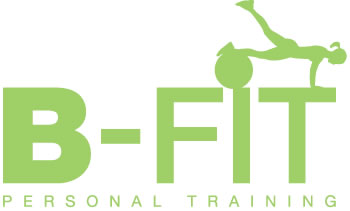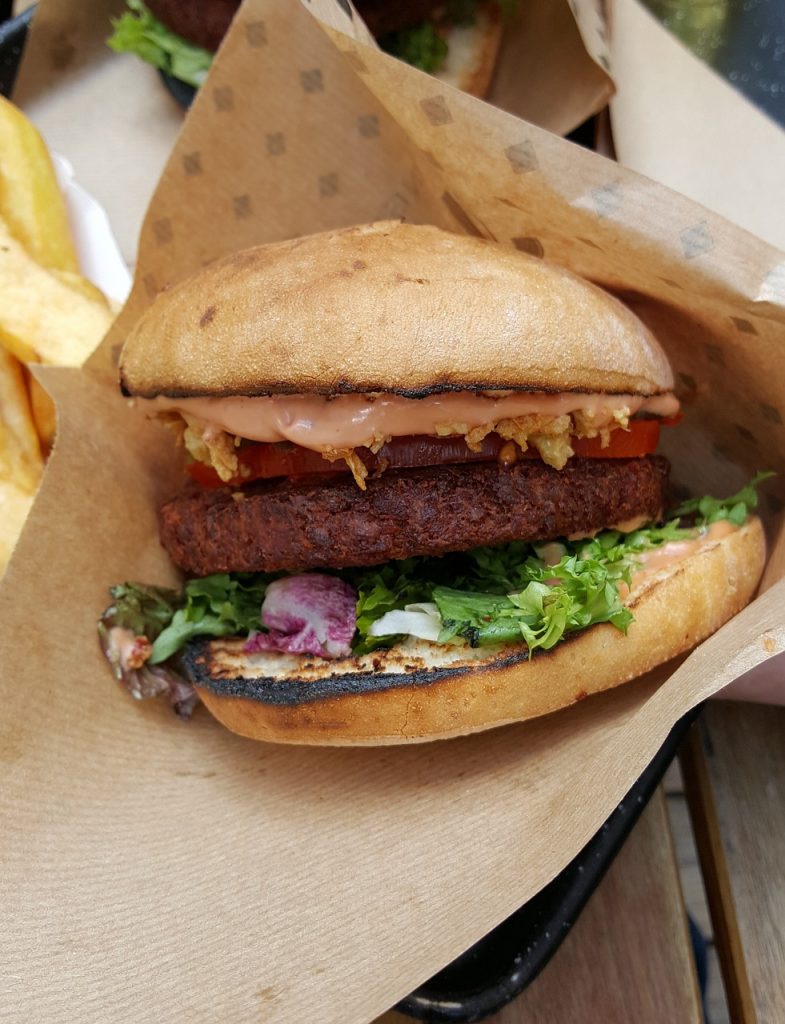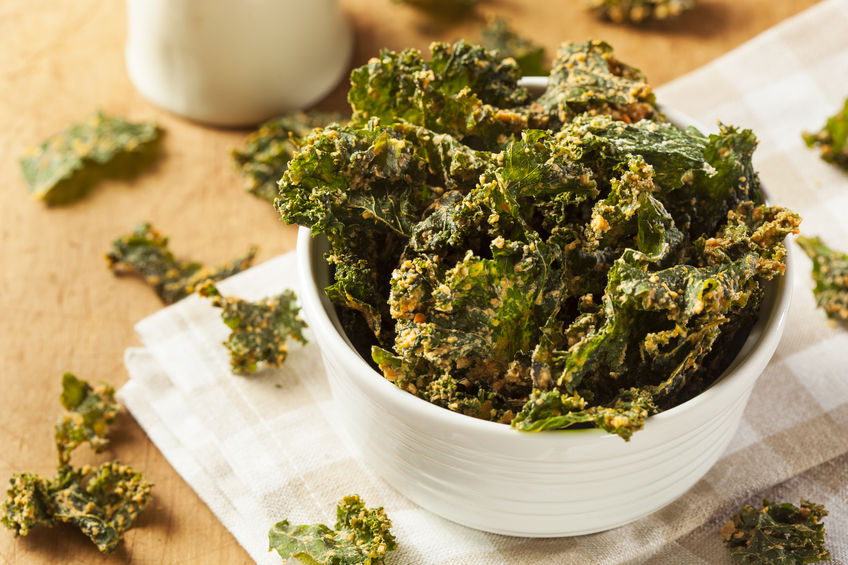Have you jumped on the vegan bandwagon in an effort to save the planet? Or perhaps you’ve decided to join the Meat Free Monday initiative, which was launched in 2003 as a global campaign, in association with the Johns Hopkins Center for a Livable Future, to encourage people to eat a healthier diet. Either way, cutting back heavy meat consumption is probably a good thing if you aren’t eating organic and/or grass-fed meat. That’s because eating animals that have been raised in industrial conditions isn’t good for either you or the environment.
However, neither is eating ultra-processed foods, which are those that are heavily processed and contain a high number of additives, preservatives, and artificial ingredients. And you may be surprised to hear, but most commercial veggie burgers, sausages, and meat-like products, including Quorn and so-called ‘edible insects’, are fake foods that are processed and will eventually contribute to you developing significant health risks, including obesity and depression.
Over the past decade or so, we’ve been bombarded with the notion that having a plant-based diet is the only way forward for humanity to thrive. However, along with this plant-based movement, ultra-processed foods derived from plants, such as meat-free ready meal alternatives and other packaged foods like vegan sweet or savoury snacks, are ingeniously blended with a medley of additives, including flavour ‘enhancers’ (which are often times MSG-like chemicals disguised as names like ‘yeast extract’, which is definitely a no-no to consume if you have a candida overgrowth or suffer from yeast infections… and yes, that includes Marmite). Other additives that you’ll find in plant-based vegan packaged foods include emulsifiers, which are very often soy based.
And let’s just take a moment to talk about soy…
As I’ve already mentioned, in recent years, we’ve witnessed a significant surge in the UK in the number of people adopting vegan or vegetarian lifestyles. According to data from the UK’s Vegan Society, the country saw a remarkable four-fold increase in the number of vegans between 2014 and 2019. So, this escalating trend begs the question: do these individuals possess unique insights into dietary choices?
However, amid this growing trend toward consuming plant-based foods, the role of soya has become a focal point of controversy. That’s because since the 1950s, global soybean production has skyrocketed by a factor of fifteen. On top of that almost all of the world’s soya production is now genetically modified, which has had a high environmental cost, due to the vast swathes of South American forests that have been sacrificed to pave the way for extensive soya plantations. This deforestation is wreaking havoc on both the indigenous populations and the diverse wildlife that inhabit these regions.
That’s not very environmentally friendly, is it? And it gets even worse, as far as your health is concerned…
The primary ingredient in products like the Impossible Burger and many other vegan meat substitutes is soy protein isolate and concentrate. But to get these ingredients, soy proteins are separated from the fats, in a process that involves soaking soybean flakes in a solvent known as hexane, which is a byproduct of gasoline refining. Yes, you read that correctly!
And the use of hexane in this process carries risks beyond the fake food itself, since hexane explosions are not uncommon and can pose serious health hazards for workers in manufacturing facilities. Skin contact with hexane can also cause immediate irritation and lead to the development of blisters hours later. Prolonged exposure to hexane can result in neurological disorders and, in severe cases, vision loss.
In addition, hexane is considered a ‘processing agent’ rather than an ingredient, so it’s not required to be listed on food labels. There are also suspicions that hexane can have adverse effects on reproductive and foetal health.
Oh, and although the European Food and Safety Authority has classified hexane as a neurotoxin and has instead approved methyloxolane as a safe solvent for use in the food industry, there’s no way for you to tell if the soybeans in your vegan burger were processed in the US, UK or Timbuktu, so your taking your health into your own hands whenever you take a bite of fake meat made with soy protein isolates or concentrates, which includes products like Impossible Burger and Linda McCartney Vegetarian Sausages.
And besides the soy/hexane issue, ultra-processed vegan foods are laden with other chemicals, which can cause you to become addicted to the taste, because your taste buds will be shocked into believing that what you’re eating is real. Plus, they may be branded as the healthier option for you and the planet, but plant-based processed products include an abundance of fat (usually toxic vegetable seed oils like rapeseed) and sugars, along with the dearth of essential vitamins, minerals, and dietary fibre.
So, while these fake foods might seem the virtuous choices, their intrinsic characteristics betray a more complex truth. Defined by the marriage of isolated macronutrients with a symphony of artificial embellishments, these items are a stark departure from minimally processed whole foods. More often than not, they offer little in the way of essential nutrients, while simultaneously packing a punch in terms of added sugars and bad fats.
Indeed, according to scientists who research ultra-processed foods, there seems to be something about the processing process itself that makes them unhealthy. One study from 2019 that supports this idea saw researchers splitting 20 people into two groups and controlling what they ate for two weeks. Each group consumed meals with equal quantities of calories, sugar, fat, fibre, and micronutrients. However, one group ate a diet of ultra-processed foods, while the other consumed whole food. Can you guess what happened? Not surprisingly, the group who consumed the ultra-processed fake food consumed gained an average of 1kg during the two-week study.
So, to sum up, I want you to keep in mind that the consumption of ultra-processed foods has been linked to a range of health concerns, including obesity, high blood pressure, type 2 diabetes, cardiovascular disease, and depression. They’re also often high in added sugar and seed oil fats (to make them taste better), as well as low in nutrients, which might fill you up in the moment, but won’t be doing your body any favours in the long run. By all means, if you want to live a vegan or vegetarian lifestyle for whatever reason, then that should be your choice. However, you should also know that the processed and packaged plant-based foods that might find their way into your shopping basket could be causing you more harm than good.
So, do you need some healthy plant-based inspiration? Here’s a lovely and filing green and vegan smoothie recipe that will fill you up and provide you with more nutrition than a soya-based vegan burger will on any day. Give it a try and let me know what you think!!!
Love, Gaynor x





